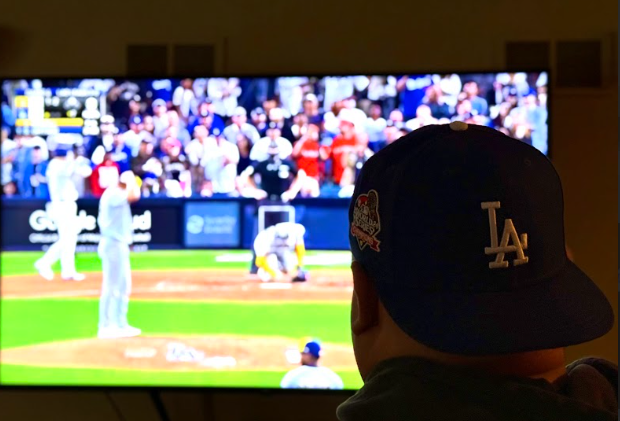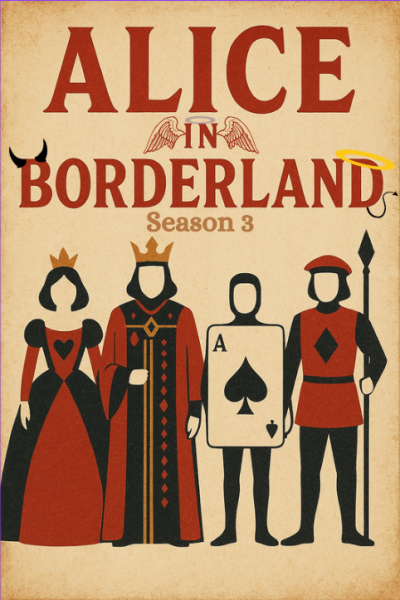It’s not over
November 24, 2015
“Tell me and I forget. Teach me and I may remember. Involve me and I will understand.” The documentary, titled It’s Not Over, opens with a Chinese proverb – white text on a black screen – introducing the somber subject of this up close and personal view of HIV: human immunodeficiency virus and AIDS: acquired immune deficiency syndrome. Directed by Andrew Jenks, this film follows three people, each of their lives affected by the disease.
The first is Lucky Mfundisi, a South African educator who has dedicated his life to teaching students about HIV prevention. He lives in a poor town, trapped in the country where HIV is the most prevalent. He himself is not infected, but nearly three quarters of his town is, frequently due to intravenous drugs.
Following Lucky is Paige Rawl, a familiar face to our school, sharing her story as an educator about HIV and AIDS. She was infected with HIV at birth and has done all that she can to travel the country, fundraising and spreading the word to raise awareness.
The last is Sarang Bhakre, a gay man from India who also is infected with HIV, protesting the government – as they recently outlawed homosexuality – by writing and directing plays that involve same-sex romances.
This documentary is real, not sugarcoating any little piece, and exposing the truth. Facts were dropped throughout the movie, such as the devastating truth that “during the year it took to film this movie, 2.3 million people were infected with HIV”. But this documentary doesn’t just focus on the bad, also highlighting that there is hope.
Jenks makes the point that life can still be lived happily alongside HIV. With the help of modern medicines and the spread of awareness, efforts have risen to decrease the number of patients diagnosed with the disease.
This heartbreaking film, however, brought the ignored into light: the orphaned and infected children of India and the contaminated in Africa that can’t afford modern medicines. The movie is a plea for help, to work to find a cure to save the millions of innocent people living with HIV or AIDS.
It was a decently made documentary with a message that would rise above in any form of cinematography. In a short time, Jenks was able to expose the truths of this disease, leaving the important question: “What’s the next step?”
I would recommend this documentary because of its honesty. It is available on Netflix, Hulu, or on the film’s website: itsnotoverfilm.com – and be sure to use the tag #itsnotover to help Jenks in spreading awareness of HIV and AIDS.







Kess Turner • Nov 29, 2015 at 8:45 am
Great review Heather!!!:) 😉